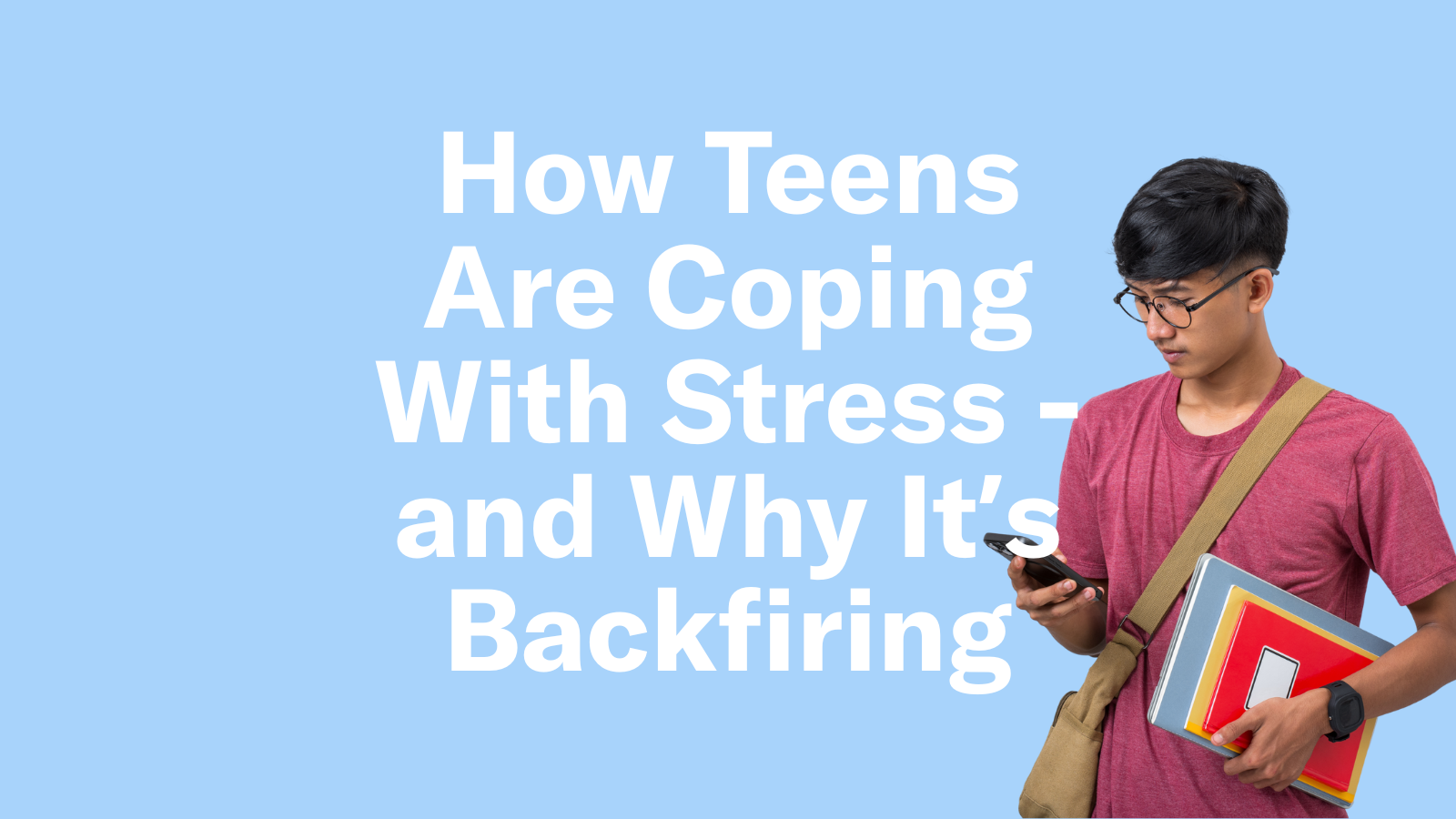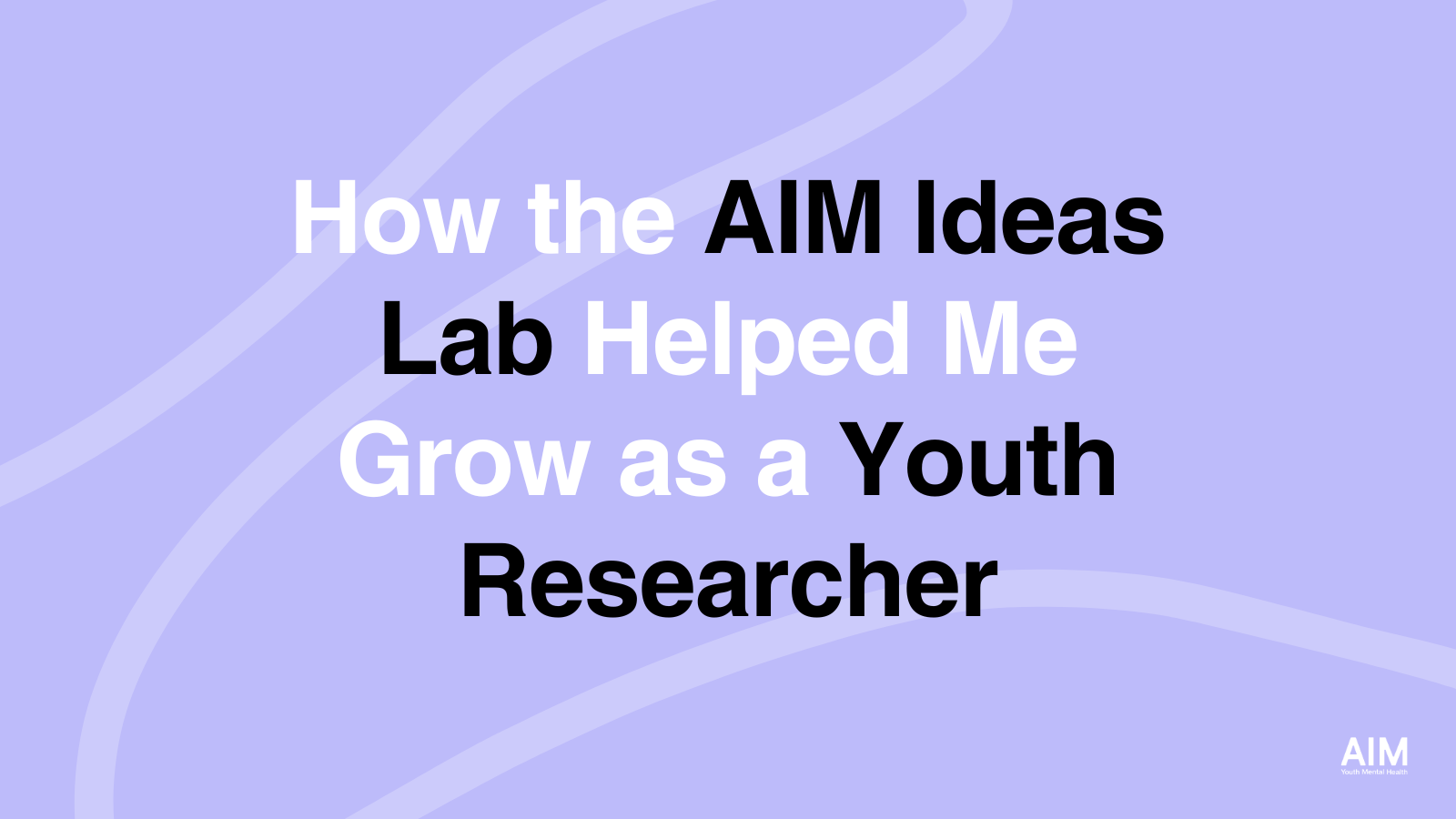In today’s digital age, the landscape of adolescence is painted with pixels and hashtags. Social media platforms have become the modern-day rabbit hole, leading our youth into a wonderland of likes, shares, and filters. As a therapist who works closely with teens, I’ve witnessed firsthand the impact of this ‘digital wonderland’ on their mental health. Let’s delve into this rabbit hole and explore the complexities of how social media affects the minds and emotions of our youth.
Escapism Or Entrapment?
Social media often serves as both a refuge and a labyrinth for young minds. For many, it offers an escape from the pressures of everyday life, providing a virtual sanctuary where they can connect with friends, share experiences, and explore their identities. However, this escape can quickly turn into a trap as unrealistic standards and expectations emerge.
Perfection Paradox/Pressure To Perform
In Wonderland, perfection reigns supreme. Filters smooth out imperfections, curated feeds showcase only the highlights, and every post is carefully crafted to present an idealized version of reality. This culture of perfection breeds comparison and self-doubt, leading teens to measure their worth against unattainable standards. As a therapist, I often see the toll this takes on their mental health. Constantly striving for perfection leaves them feeling inadequate and unworthy, trapped in a cycle of self-criticism, negative core beliefs, anxiety, and depression.
Additionally, in this digital age popularity is currency and validation comes in the form of likes and comments. Teens are under immense pressure to maintain a certain image online, fearing judgment and rejection if they are unable to keep up with societal expectations. The biological drive to be included in community is now felt not only within the classroom, but also in wonderland. This pressure to perform can lead to a distorted sense of self and a reliance on external validation for self-worth and self-esteem. Rather than social media itself, it is these thought patterns and expectations that create distress. As a therapist, my goal is to help teens navigate this digital landscape with resilience and self-awareness.
Insights From AIM Ideas Lab Surveys On Teen Mental Health
Recent surveys conducted by youth in AIM’s Ideas Lab program in Alameda and Santa Clara counties shed light on the specific challenges faced by youth in our communities. These surveys revealed that stress, anxiety, low self-esteem, and depression are among the most common mental health challenges experienced by teens.
Furthermore, the surveys highlighted the role of academic pressure in exacerbating these mental health issues. Many respondents expressed feeling overwhelmed by school-related stressors, with freshmen particularly struggling to adapt to the increased workload.
With these pressures in mind, the quick route towards escapism in the form of social media becomes second nature. However, depending upon the intention behind the usage, these very root wounds of low self-esteem and pressure to perform become reinforced. And the students are not blind to these effects.
In our AIM Idea Labs youth researcher’s findings throughout San Diego County, students overwhelmingly voiced the importance of addressing youth mental health. Despite nearly all respondents agreeing on the importance of mental health, there remains a significant disconnect in discussing it openly. Fear of judgment and societal stigma hinder these conversations, perpetuating the cycle of silence.
Based on the survey findings, the youth themselves made several recommendations to further support youth mental health:
- Implement strategies to reduce academic stressors, such as homework and testing
- Normalize discussions about mental health in schools and communities to reduce stigma
- Offer mental health days and resources for students to seek support anonymously
- Emphasize the importance of self-care and balance in school and personal life
- Increase access to mental health resources and support systems for teens
- Encourage open communication and empathy among peers, teachers, and parents
- Provide education on mental health and self-esteem to empower teens
The challenges faced by today’s youth in navigating the digital wonderland of social media are complex and multifaceted. However, by addressing the underlying issues of perfectionism, pressure to perform, and stigma surrounding mental health, we can create a more supportive environment for teens to thrive. As tech blends more seamlessly into our everyday lives, the ability for youth to parcel out social media’s advantages for community and disadvantages into self-criticism grows that much more paramount.
As therapists, educators, and community members, we can aim to dismantle the barriers that prevent our youth from seeking help and support. By prioritizing their mental health and well-being, we can support them through the wonderland of teenhood with resilience, self-compassion, and understanding.
If you want to learn more about how to normalize these conversations and provide a space of support for youth in your life, check out AIM’s Youth Mental Health First Aid trainings.
____________________________________
About the Author
Emma is an associate marriage and family therapist specializing in supporting children, teens, adults, and families. With a background in education and therapy, she offers personalized guidance in areas like depression, anxiety, family dynamics, and life transitions. Drawing from CBT, DBT, EMDR, mindfulness, and psychodynamic techniques, she provides comprehensive therapy to empower clients in navigating challenges and fostering resilience.





